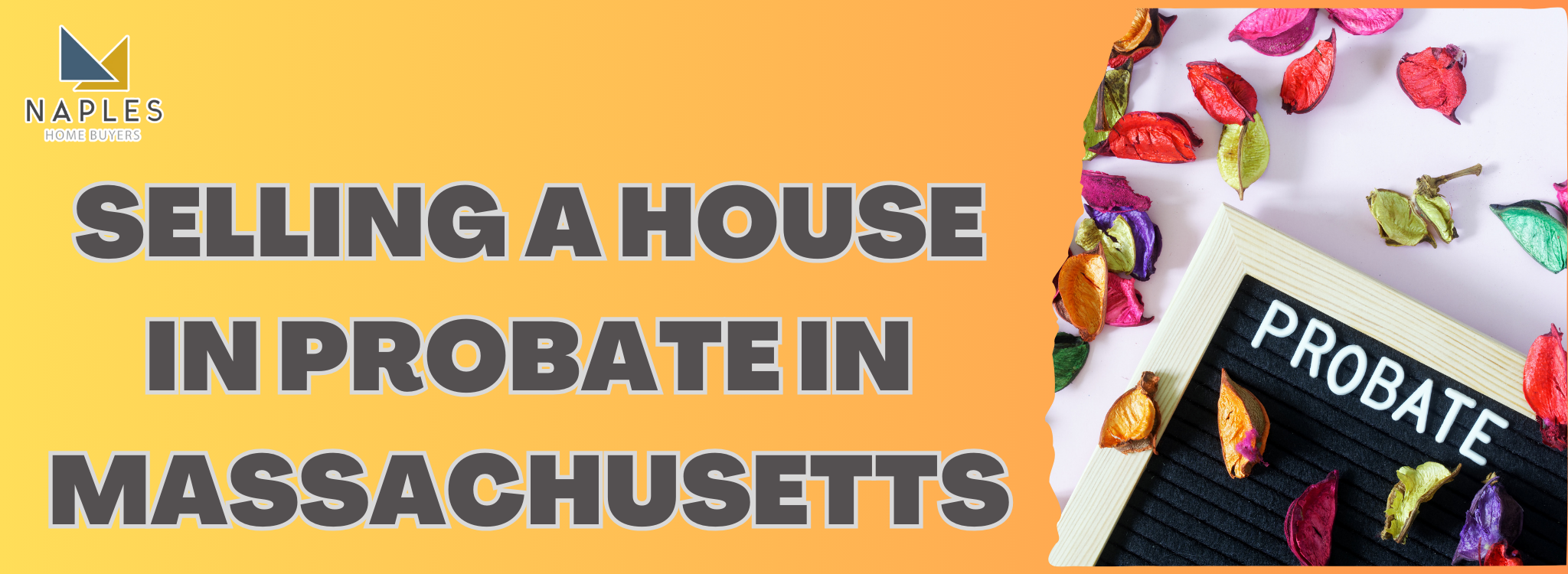
Understanding The Process Of Selling A House In Probate In Massachusetts
If you have never done it before, selling a house in Massachusetts during probate can be difficult and stressful. Probate is the legal process of giving away a person’s land and other assets after death.
You need to take a few steps to sell a house that has been put up for probate in Massachusetts. First, the court has to choose the receiver or administrator of the estate.
Then, they must get the property valued and get court permission to sell it. Also, everyone with a stake in the sale, like children or creditors, must be told about it and given the chance to say no.
After completing these steps, the property can be put on the market and sold like any other house. To sell an estate house successfully in Massachusetts, you need to know how this process works.
Navigating The Legalities Of Selling A House In Probate In Massachusetts
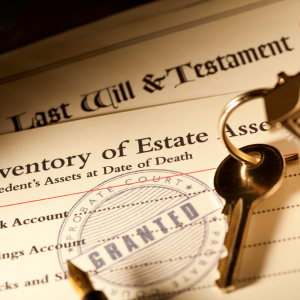
Selling a house in probate can be challenging, particularly in Massachusetts. In addition to dealing with the emotional loss of a loved one, legal issues must be addressed to sell a probate residence properly.
It is critical to understand the laws and regulations governing probate sales in Massachusetts and any obligations imposed by the local court. Hiring an expert real estate agent who is familiar with the probate procedure can be quite helpful in ensuring that all legal steps are handled correctly.
Obtaining all essential papers, such as death certificates and wills, is also critical before beginning the sale procedure. Proper preparation can prevent delays and issues when selling a probate house in Massachusetts.
How To Sell A House In Probate In Massachusetts: Step By Step Guide
Selling a house in probate can be complex and intimidating, especially in Massachusetts, where certain laws and restrictions apply. A step-by-step plan is essential for ensuring a successful sale.
The first step is to ascertain whether you are the estate’s executor or if you must seek court approval. Next, an appraisal of the property and all essential documents, including the death certificate, will, and any other legal paperwork, must be obtained.
Choose a reputable real estate agent with probate sales expertise and local market knowledge. Once you’ve gathered all of the necessary information and resources, you can put the home for sale and start marketing it to potential purchasers.
Throughout the process, it is critical to communicate effectively with all parties involved and follow any court-imposed timelines. Selling a probate house in Massachusetts requires patience and perseverance. Follow these steps for success.
Top Tips For Selling A House In Probate In Massachusetts
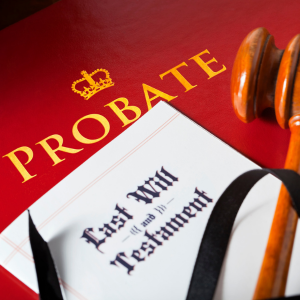
Particularly in Massachusetts, selling a house in probate can be frightening and confusing. It is your duty as the estate executor to guarantee the timely and effective sale of the assets.
We have collected a list of best advice for selling a house in Massachusetts in probate to assist you in negotiating this difficult chore. Above all, one must grasp the probate laws and practices unique to the state.
Before selling real estate, you will also have to compile the required paperwork and get court clearance. Furthermore, the house should be precisely priced according to its present market value.
Sometimes, it helps to hire a real estate agent focused on probate sales. Finally, ensure that all transactions are meticulously recorded and that you interact successfully with interested purchasers throughout the process.
Following these guidelines will help you effectively sell a Massachusetts probate house without significant difficulties or delays.
The Importance Of Hiring An Attorney When Selling A House In Probate In MA
Selling a house in probate can be complex and intimidating, particularly in Massachusetts. That is why hiring an experienced probate attorney is critical when dealing with this type of real estate transaction.
An attorney can offer significant advice and assistance, from legal documentation to negotiations with possible buyers. They are well-versed in Massachusetts probate rules and regulations, providing accurate and efficient results.
Hiring an attorney ensures that your best interests are protected while selling a probate house in Massachusetts.
Key Considerations For Pricing Your Inherited Property For Sale In MA
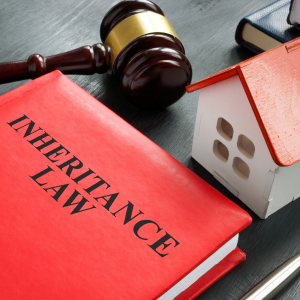
When selling a probate house in Massachusetts, it’s important to price the inherited property appropriately. Many people find this daunting since they lack real estate skills and do not know how to assess their property appropriately.
However, you may use several ideas and tactics to price your inherited home for sale in Massachusetts correctly. To begin, extensive research on the local market must be conducted to understand current trends and comparable property values.
In addition, any essential repairs or improvements might impact the property’s total worth. Consulting a real estate agent or appraiser can help you set a competitive and realistic price for your inherited property in Massachusetts.
Marketing Strategies For Selling An Inherited Home In Probate
Successfully selling an inherited home in probate requires a sound marketing approach. One useful method is emphasizing the home’s distinctive qualities and history, which may appeal to potential buyers searching for a property with character.
Using social media and online listing websites can increase visibility and attract customers. It may also be advantageous to deal with a real estate agent who has expertise in selling probate properties and may offer useful insights and direction throughout the process.
Finally, hosting open houses and networking with other real estate professionals will help you sell the inherited property effectively. Implementing these methods will boost visibility and interest in your probate house, leading to a successful sale.
Finding The Right Real Estate Agent For Selling A House In Probate
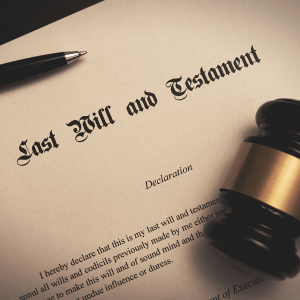
Choosing the correct real estate agent for selling a probate house in Massachusetts is vital for a smooth and successful procedure. It’s critical to find an agent with experience and competence in probate sales and a thorough awareness of the local market.
They should have strong communication skills and can guide you through the legal difficulties of selling probate property. Consider their track record of successfully selling similar properties.
Do not hesitate to ask for references or read testimonials from prior clients. Finding the appropriate real estate agent is crucial for successfully selling your probate residence in Massachusetts.
Factors That Impact The Timeline For Selling A House In Probate
Several factors can influence the timeline of selling a residence in probate in Massachusetts. A significant influence is the intricacy of the probate case itself.
The presence of several heirs or inheritance issues might considerably postpone the selling of the property. The property’s condition and required repairs or updates can influence the speed of the sale.
Additional factors, including market circumstances and the presence of prospective buyers, can influence the duration required to sell a probate property. Properly navigating these factors and working with experienced professionals can help expedite the selling process and ensure success in real estate for those dealing with a probate property in Massachusetts.
Overcoming Challenges When Trying To Sell An Inherited Property

Selling a probate house in Massachusetts can be tricky, especially if it was inherited. As the estate’s executor, you may encounter many challenges, including emotional links to the property, legal requirements, and potential beneficiary issues.
However, these difficulties can be solved with good planning and understanding of the probate process. One critical step is to find a trustworthy real estate agent who specializes in probate sales and is familiar with the local market.
They can assist you in completing all the appropriate documentation and determining a competitive price for the property. Furthermore, it is critical to communicate honestly with all interested parties and make decisions that benefit everyone concerned.
By carefully managing these obstacles, you can effectively sell your inherited property and achieve real estate success in Massachusetts.
Maximizing Profits When Selling An Inherited Home Through Probate
When it comes to selling an inherited home in Massachusetts via probate, several measures can help maximize profits. Before offering the property for sale, it is important to carefully appraise its worth and perform any necessary repairs or modifications.
This can attract more potential buyers and possibly raise the selling price. Working with a skilled real estate agent with experience with probate transactions can also help you negotiate the best price possible.
It’s also critical to thoroughly analyze all offers and not accept the first one. By following these guidelines, sellers can maximize the value of their Massachusetts probate house sale.
Tax Implications To Consider When Selling A House Through Probate

When selling a probate house in Massachusetts, numerous variables exist. One critical aspect that is sometimes forgotten is the potential tax ramifications.
As the executor of an estate, you are responsible for recognizing and managing any taxes resulting from the property’s sale. This includes capital gains taxes, inheritance taxes, and any additional state or federal taxes that apply.
Before closing the house sale, speak with a tax professional or attorney specializing in probate law to ensure all due taxes are correctly accounted for and paid. Failure to do so could lead to unanticipated financial ramifications and probate delays.
Common Mistakes To Avoid When Selling A House Through Probate
There are several issues to consider when selling a probate house in Massachusetts. The possible tax implications are a crucial consideration that is often disregarded.
As the executor of an estate, you must understand and address any taxes resulting from the property’s sale. This includes state and federal capital gains taxes, inheritance taxes, and any additional applicable taxes.
Before closing the house sale, speak with a tax professional or attorney specializing in probate law to ensure that all applicable taxes have been properly accounted for and paid. Failure to do so may result in unforeseen financial ramifications and probate process delays.
Understanding The Role Of The Court When Selling A House Through Probate

Understanding the court’s role is critical for successfully selling a probate house in Massachusetts. The court is an important part of the probate process and has the last word on all decisions regarding the home sale.
This includes approving the listed price, considering offers from possible buyers, and finally approving the transaction to proceed. As a result, executors or administrators of an estate must be conversant with the court’s procedures and standards to ensure a smooth and effective sale of probate assets.
Additionally, having a skilled real estate agent experienced in handling probate sales will help you navigate this portion of the process.
Alternative Options For Disposing Of An Inherited Property Besides Sale Through Probate
Many individuals automatically consider selling inherited property through the probate procedure. However, in Massachusetts, alternative methods for disposing of an inherited property may be more advantageous for specific individuals or families.
Renting the property is an alternative to selling it. This can generate a consistent income and enable the proprietor to maintain property ownership until the market improves.
Other alternatives include donating or gifting the property to a charitable organization or family member, which may result in tax advantages. In addition, certain individuals may opt to maintain the property as a vacation residence or utilize it for short-term rentals on platforms like Airbnb.
These alternative options should be meticulously evaluated and compared to the sale through probate to make the most appropriate decision for your specific circumstances.
The Emotional And Financial Benefits Of Successfully Closing On A Sold Property While Going Through Probated Proceedings

Selling a probate house in Massachusetts can be a difficult and emotional process since it frequently involves dealing with the death of a loved one. However, successfully closing on a sold property during probate procedures can have emotional and financial implications.
Selling a probate house can provide solace and peace of mind by removing the strain of managing an additional property and allowing you to move on. Furthermore, the cash profits from selling the property can be used to pay off any remaining bills or estate expenses, making the settlement process go more smoothly.
With careful planning and direction from experienced real estate professionals, managing probate proceedings while selling a property can result in a favorable end for all parties.
Can You Sell A House During Probate In Massachusetts?
If someone in Massachusetts has died and left you a house, you may be wondering if you can sell it while the probate process is going on. In Massachusetts, you can sell a house while it is in probate, but there are some things you need to do and things you need to think about.
Before anything else, it’s important to know Massachusetts’s probate rules and talk to a real estate agent who knows the local market well. Another important step for successfully selling a family house in Massachusetts is getting an appraisal and court approval.
If you follow these tips and tricks, you can get through the probate process and sell the property you received.
Do I Have To Pay Taxes On A House I Inherited In Massachusetts?
The process of inheriting a home in Massachusetts can be particularly challenging, particularly in terms of taxes. The question of whether or not it is necessary to pay taxes on a residence inherited in Massachusetts is a common one, and the answer is not always clear.
Although Massachusetts does not have an inheritance tax, the property may still be subject to federal estate tax, contingent upon its value. Furthermore, you may be required to pay capital gains tax on any profit generated from the sale of the inherited property if you opt to sell it.
Nevertheless, some specific exemptions and deductions can mitigate or eliminate these taxes. When selling a probate house in Massachusetts, it is essential to consult with a tax professional to gain a comprehensive understanding of your responsibilities and to capitalize on all available options.
How Long Do You Have To File Probate After Death In Massachusetts?
If you are the executor of a loved one’s estate in Massachusetts, you may wonder how long you must file for probate after death. The answer is not simple, as several circumstances, including the complexity of the estate and the presence of a will, determine it.
Typically, the probate process must begin within three years of the decedent’s death. However, beginning as soon as possible is preferable to minimize potential problems or delays. Hiring an experienced probate attorney can help guarantee that all documentation is completed accurately and on time.
Don’t wait until it’s too late; learn about the probate timetable in Massachusetts to guarantee a smooth real estate transaction.
Read further to discover critical tips for selling a home in Massachusetts. This information is helpful throughout the state, from Springfield and Chicopee to Westfield, Holyoke, Northampton, and nearby communities. For tailored advice, feel free to Contact Us at (413) 331-6060.
Resources To Help You Sell A House in Massachusetts
| [ | |||||
| “ | ] | “ | ] |


